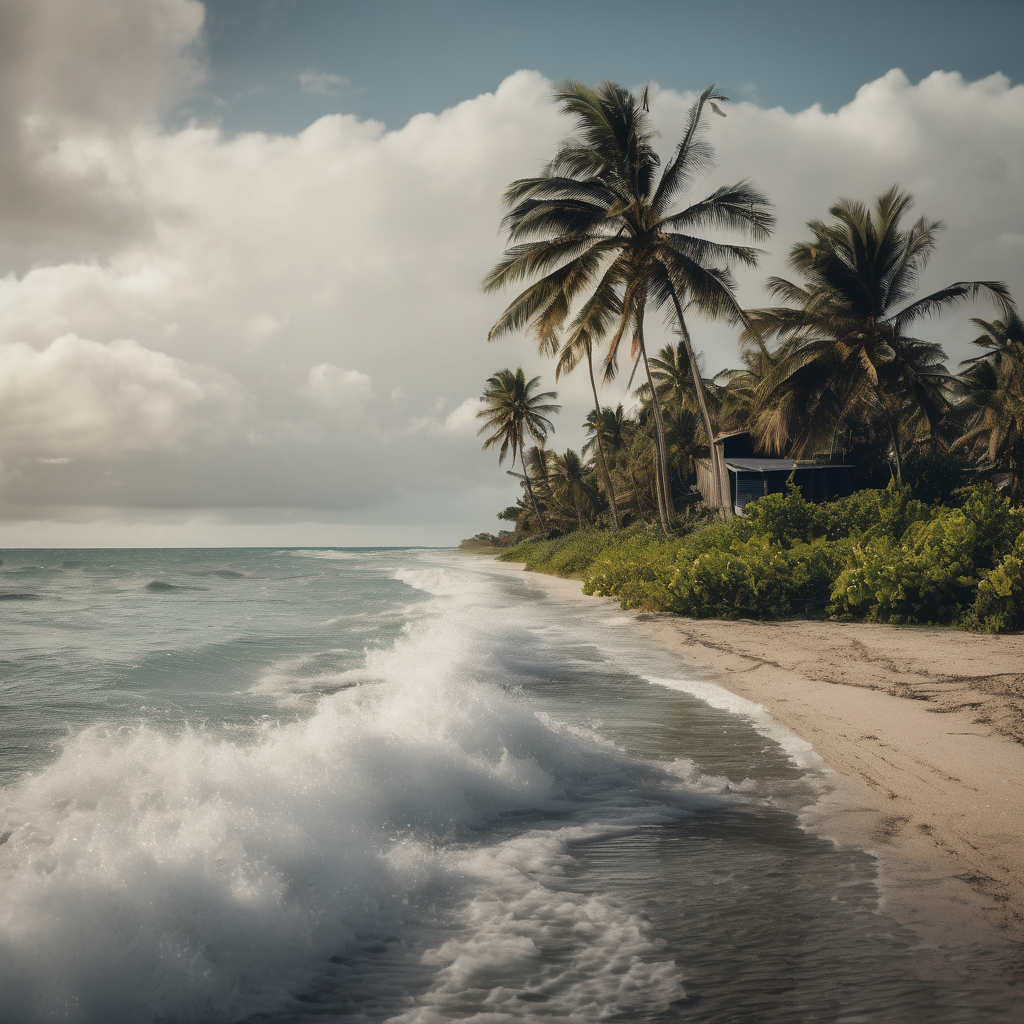Kiribati President Taneti Maamau, addressing global leaders at the 80th United Nations General Assembly, emphasized that his nation will not be defined by rising sea levels. Instead, Maamau spotlighted the resilience of Kiribati, while advocating for robust international action to tackle the intensifying climate crisis.
“Kiribati is equipped with both traditional and modern strategies to adapt and thrive amidst the climatic challenges,” President Maamau affirmed, rejecting narratives that suggest the islands are sinking. He pressed the global community to adhere to a 1.5°C limit on climate warming and to bolster support for frontline nations through the Loss and Damage Fund, pointing to Kiribati’s strategies that prioritize resilience, livelihood protection, and cultural preservation.
Maamau lauded the recent International Court of Justice decision affirming maritime zone permanence despite climate change impacts, recognizing this as a crucial assurance for vulnerable nations like Kiribati. He further commented on governance improvements for accountability and delivering essential services, endorsing international treaties that promote peace, security, and environmental protection.
The president also addressed the economic and environmental hurdles that small island nations endure, calling for the acceptance of the Multidimensional Vulnerability Index to enhance developmental support access. Kiribati’s commitment to ocean resource management, including confronting illegal, unreported, and unregulated (IUU) fishing, was highlighted as he remarked on the adverse moral and economic effects of the practice.
Looking ahead, Maamau reiterated Kiribati’s transition towards renewable energy, emphasizing solar power investment to cut reliance on imported fuels—framing sustainable and renewable energy access as a backbone for development and resilience. Plans to advance healthcare with sea ambulances and improved medical services underscore a move to decrease overseas patient referrals, emphasizing a holistic approach to national development.
In closing remarks that emphasized cooperative international efforts, Maamau remained optimistic about the potential for multilateralism to foster global solidarity and prosperity, advocating for an inclusive future with his closing sentiment: “Te Mauri, Te Raoi ao Te Tabomoa – Abundant Health, Peace, and Prosperity.”
This vision aligns with regional sentiments previously expressed by leaders like Fiji’s Prime Minister Sitiveni Rabuka and former Kiribati President Anote Tong, both of whom have emphasized international responsibilities, justice, and climate resilience as crucial elements moving forward. Their collective voices highlight the urgency for global participation in climate mitigation, ensuring that small island nations can sustain their people and cultures in the face of environmental adversities.
